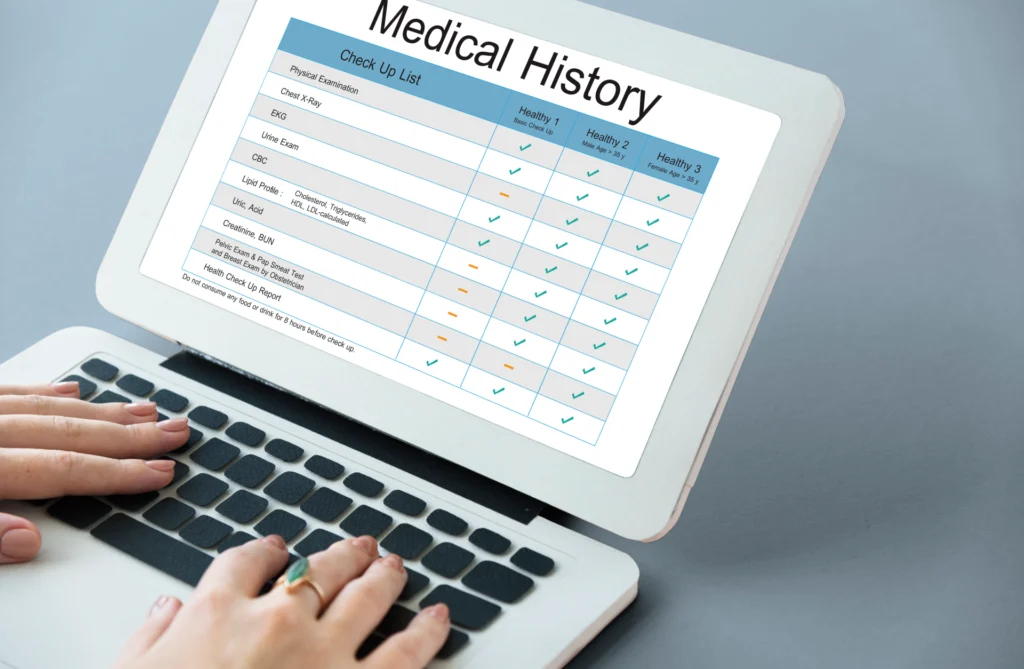One key tool that has revolutionized billing processes in urgent care practices is the electronic health record (EHR) system.
Streamlined Documentation and Billing Processes:
EHRs simplify documentation of patient encounters, capturing relevant information for billing in real-time. With built-in billing functionalities, urgent care staff can seamlessly transition from documenting services to submitting claims, reducing duplicate data entry and minimizing errors along the way.
Improved Accuracy and Compliance:
EHRs enhance billing accuracy by providing coding assistance and enforcing coding guidelines, ensuring proper code selection and documentation of services rendered. This promotes billing compliance, reducing the risk of fraudulent claims and supporting audit readiness for urgent care practices.
Enhanced Revenue Cycle Management:
EHRs automate billing workflows, from claim submission to payment posting, accelerating reimbursement and reducing revenue leakage. Features such as electronic claims submission, real-time eligibility verification, and automated denial management optimize revenue cycle management processes, improving financial outcomes for urgent care practices.
Data Analytics and Performance Monitoring:
EHRs offer robust reporting and analytics capabilities, allowing urgent care practices to track key performance indicators related to billing and revenue. By leveraging data-driven insights, practices can identify trends, optimize revenue streams, and make informed business decisions to improve financial performance over time.
Interoperability and Care Coordination:
Interoperability benefits of EHRs enable seamless exchange of patient information with other healthcare providers, payers, and ancillary service providers. This facilitates care coordination efforts, improves patient outcomes, and ensures accurate billing for coordinated care services delivered in urgent care settings.
Cost Savings and Efficiency Gains:
EHRs deliver cost-saving advantages, including reduced paperwork, lower administrative overhead, and decreased billing errors. These efficiency gains translate into tangible financial benefits for urgent care practices, such as increased revenue and improved profitability.
Patient Satisfaction and Engagement:
Indirect benefits of EHRs for billing include improved patient satisfaction through faster billing processes, transparent cost estimates, and convenient online payment options. Patient portals facilitate billing communication, allowing patients to review statements, pay bills, and access billing-related information securely.


